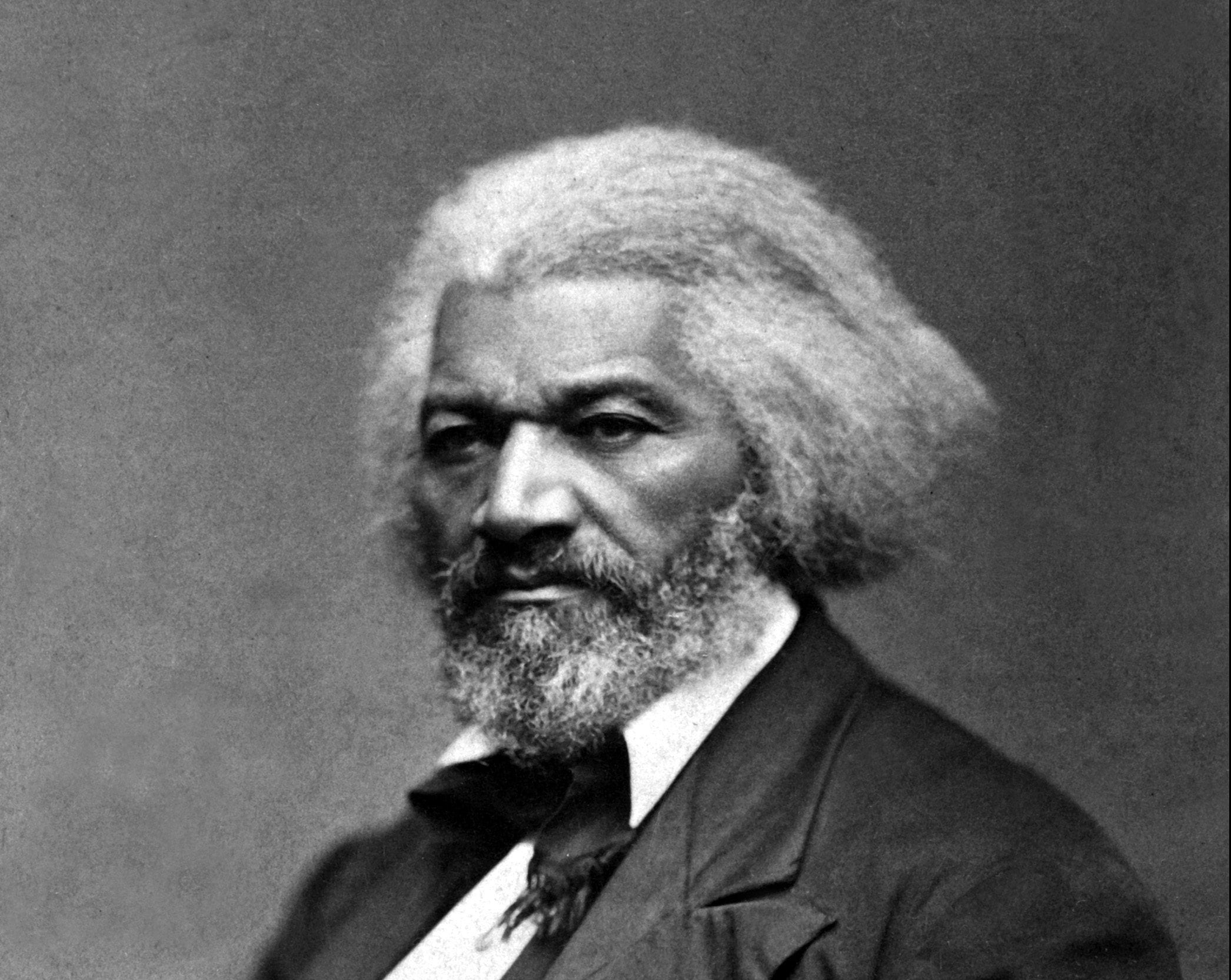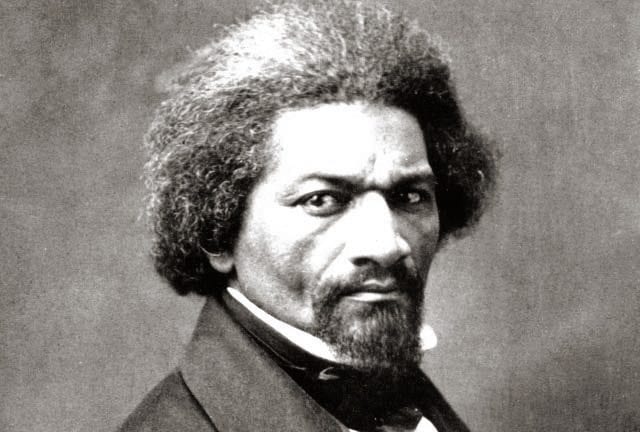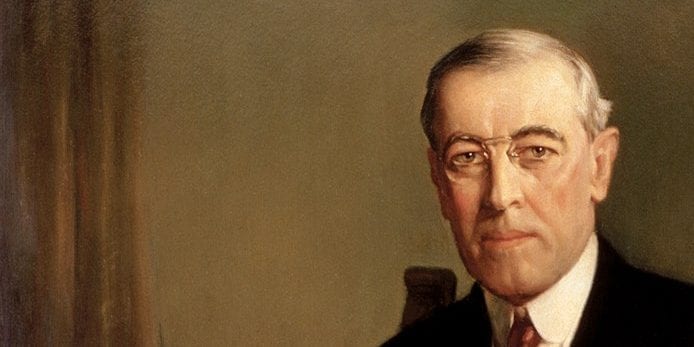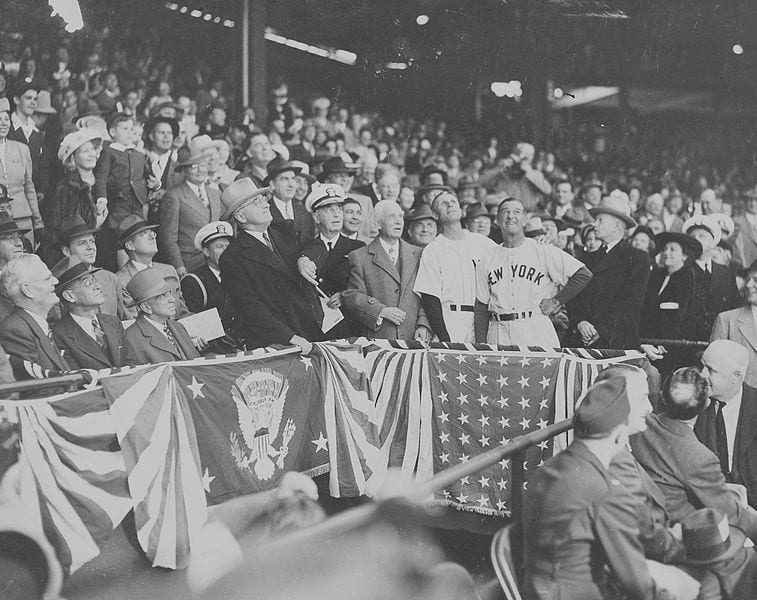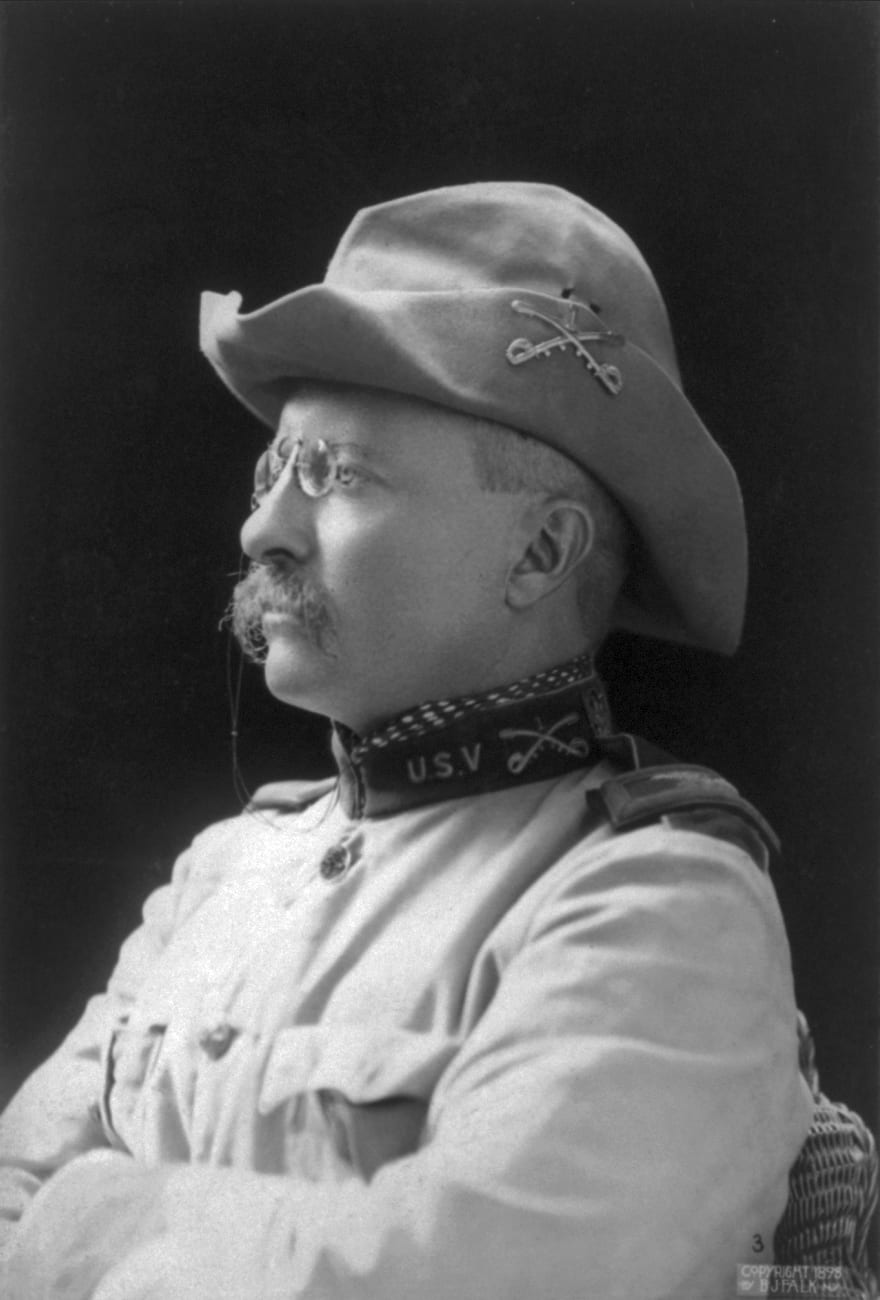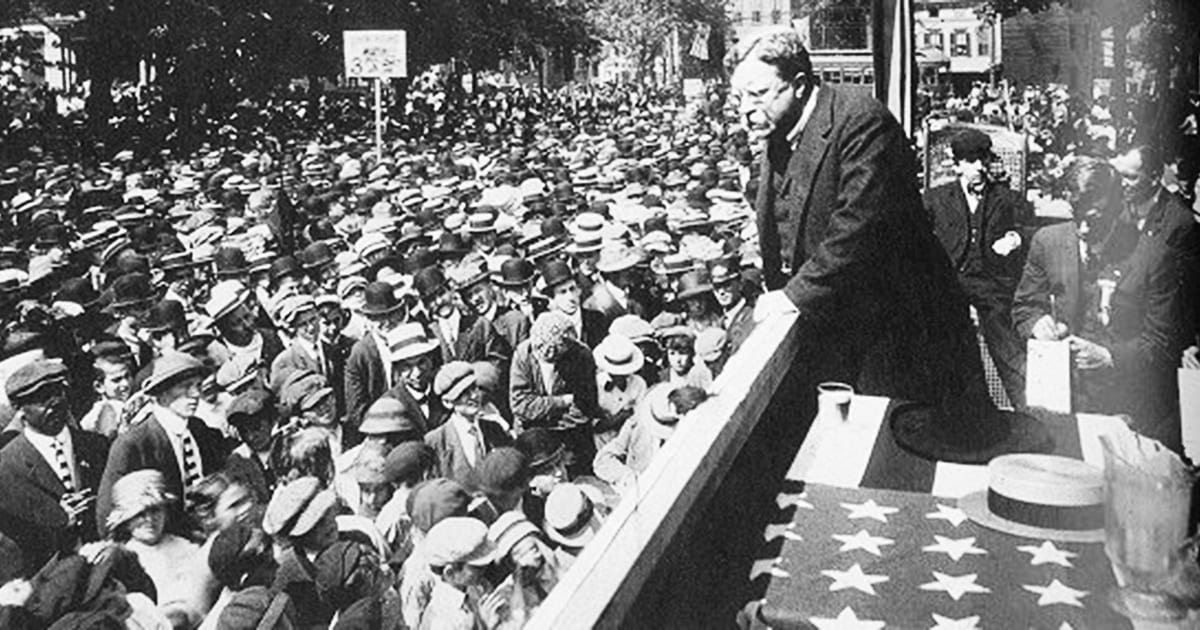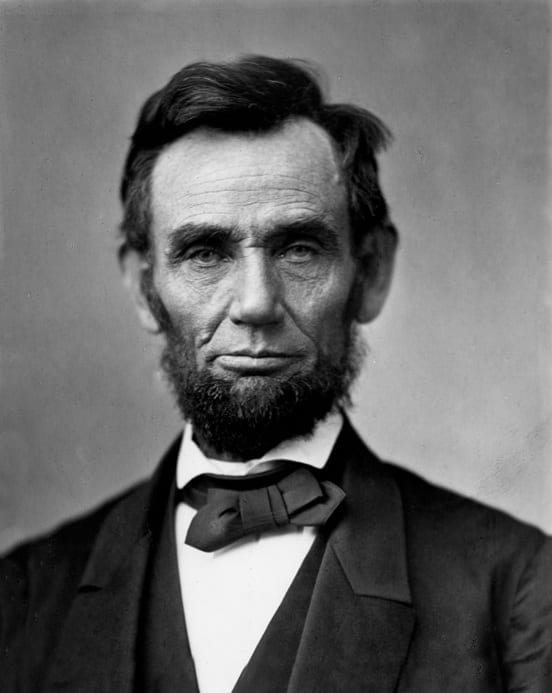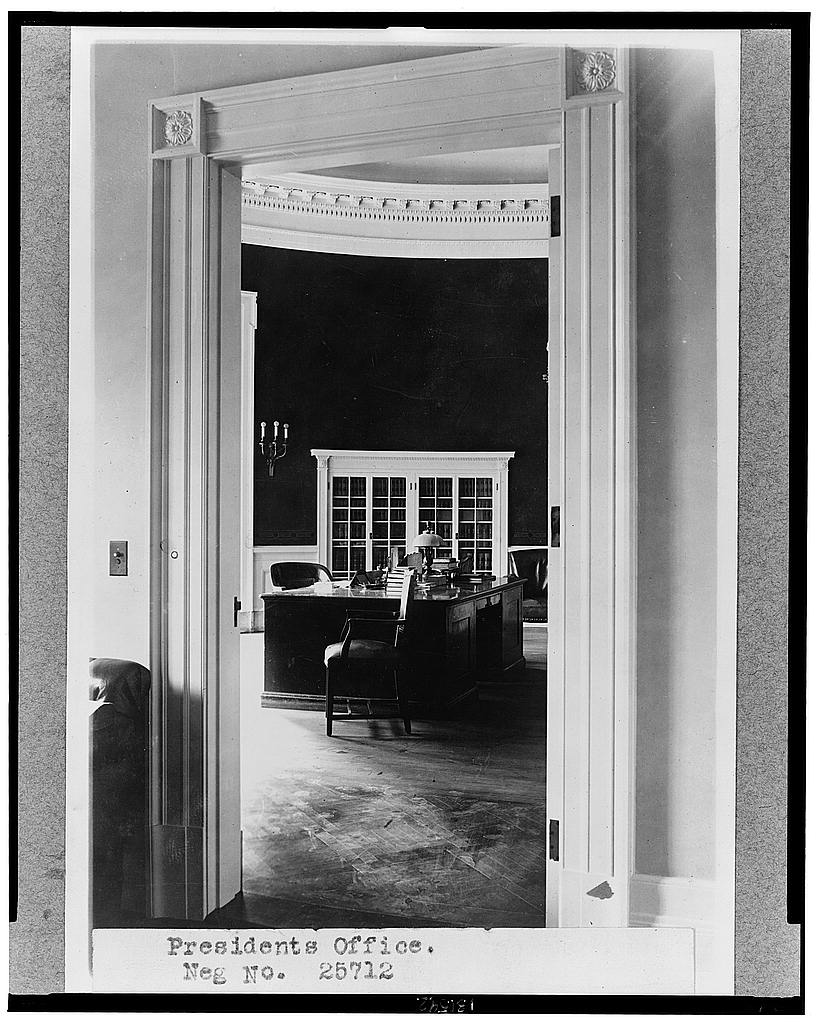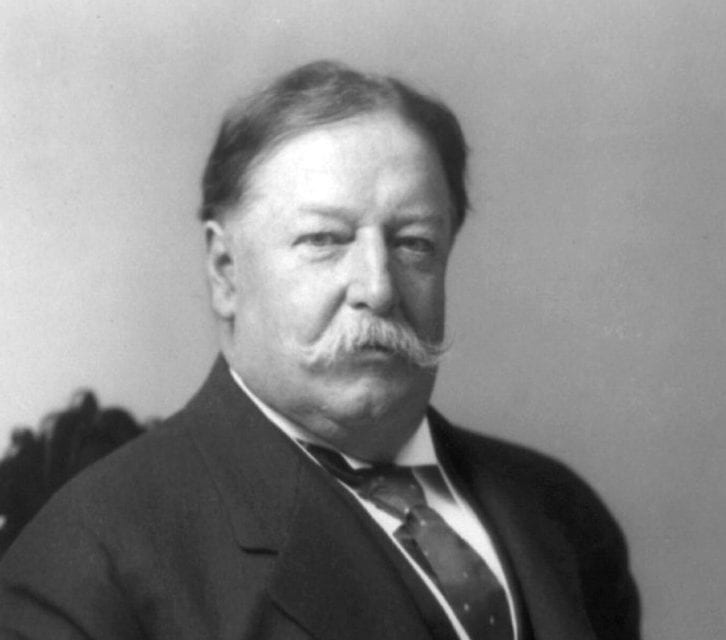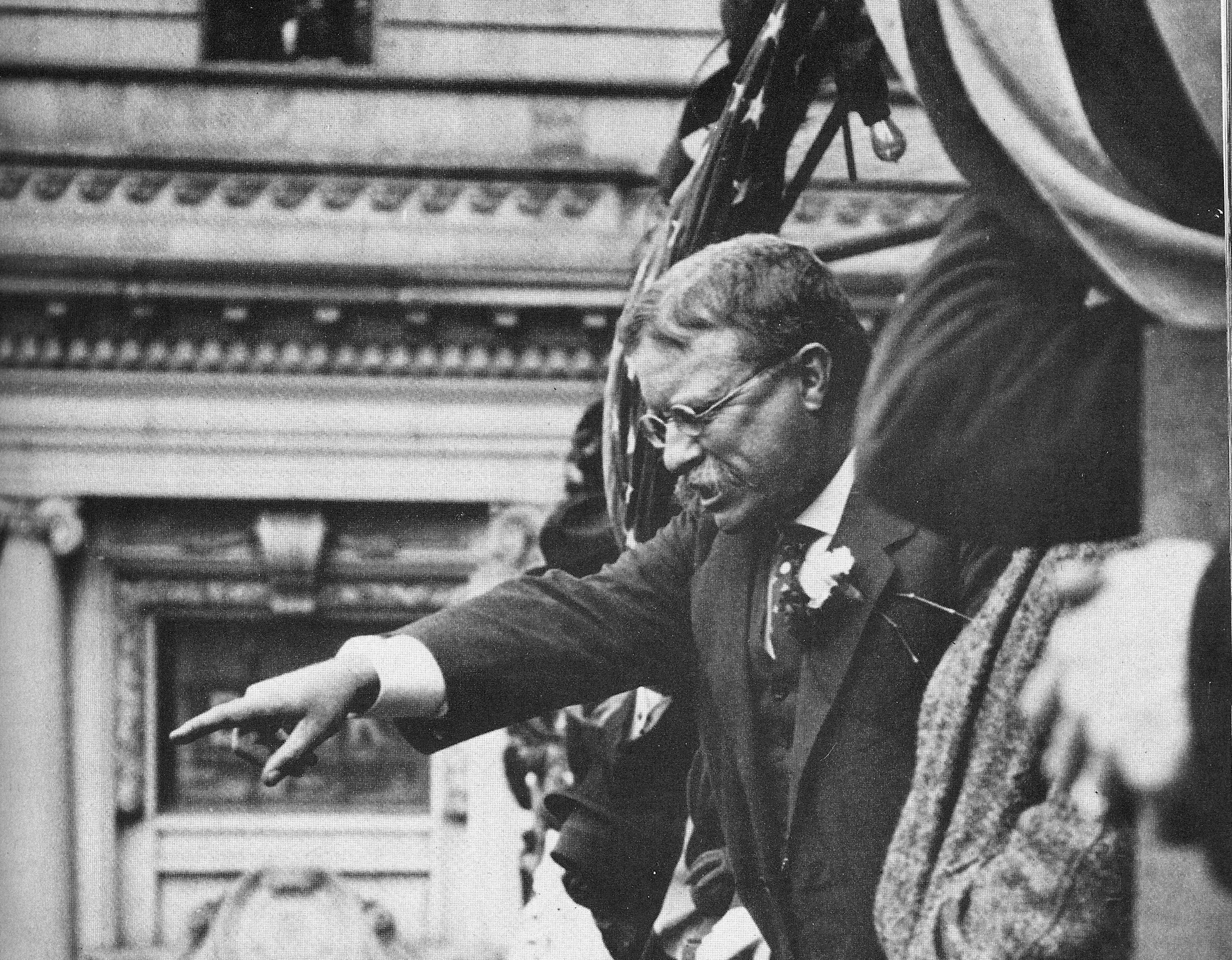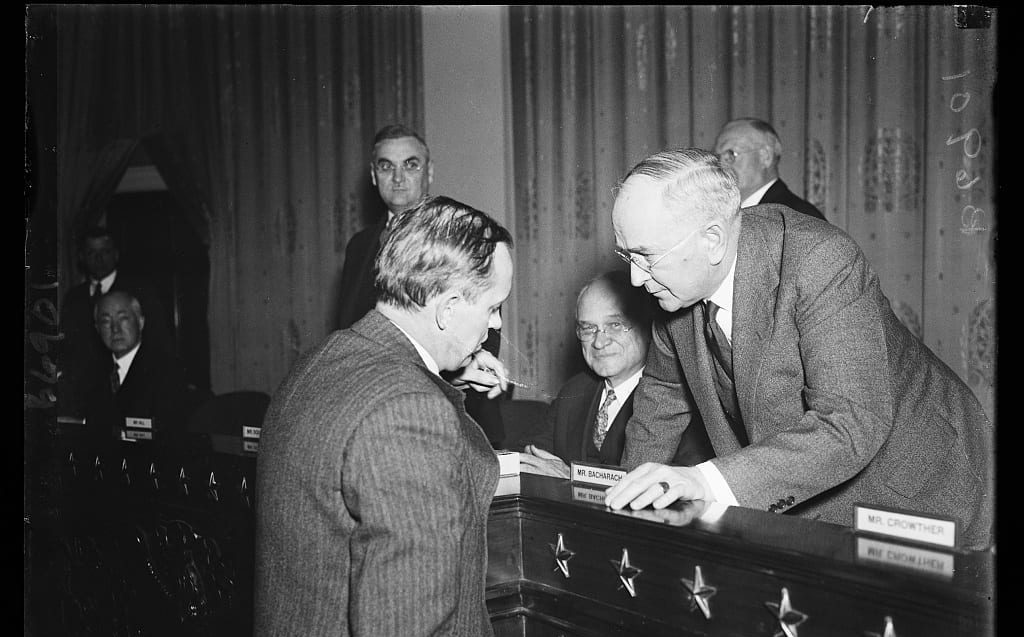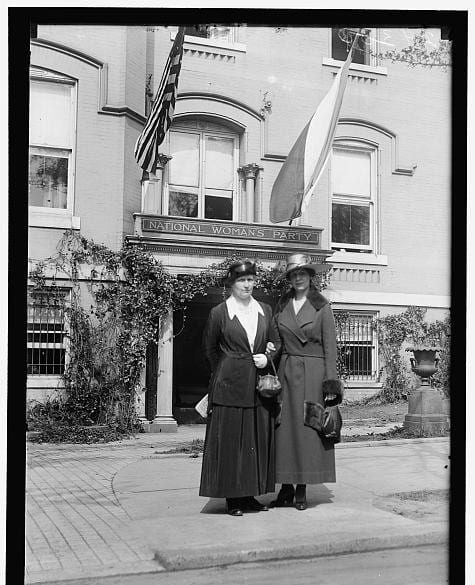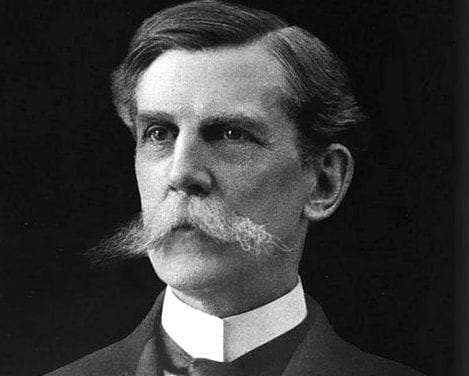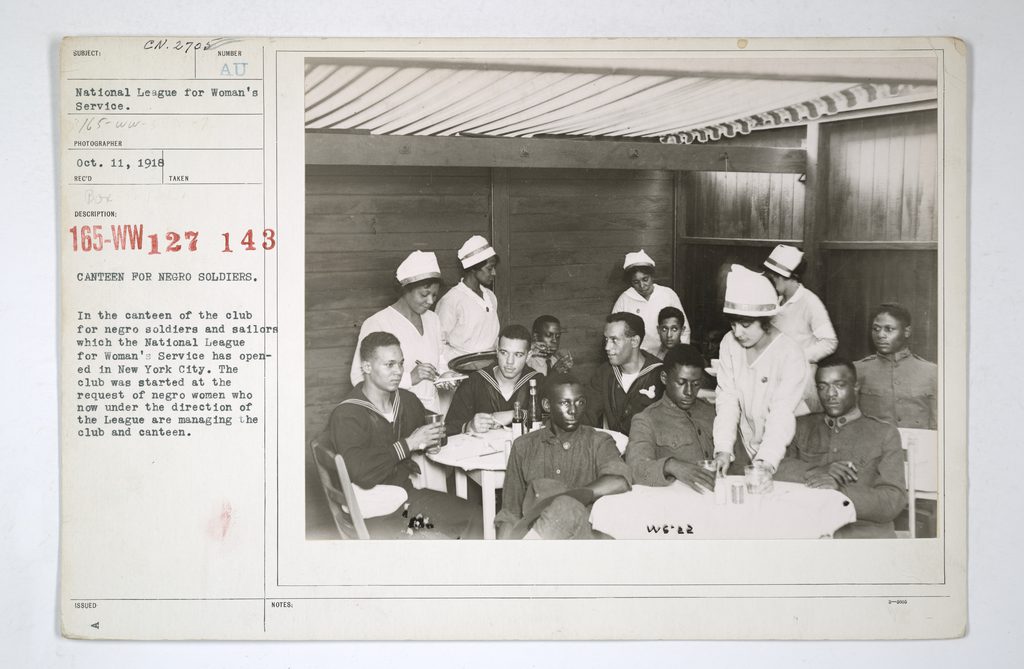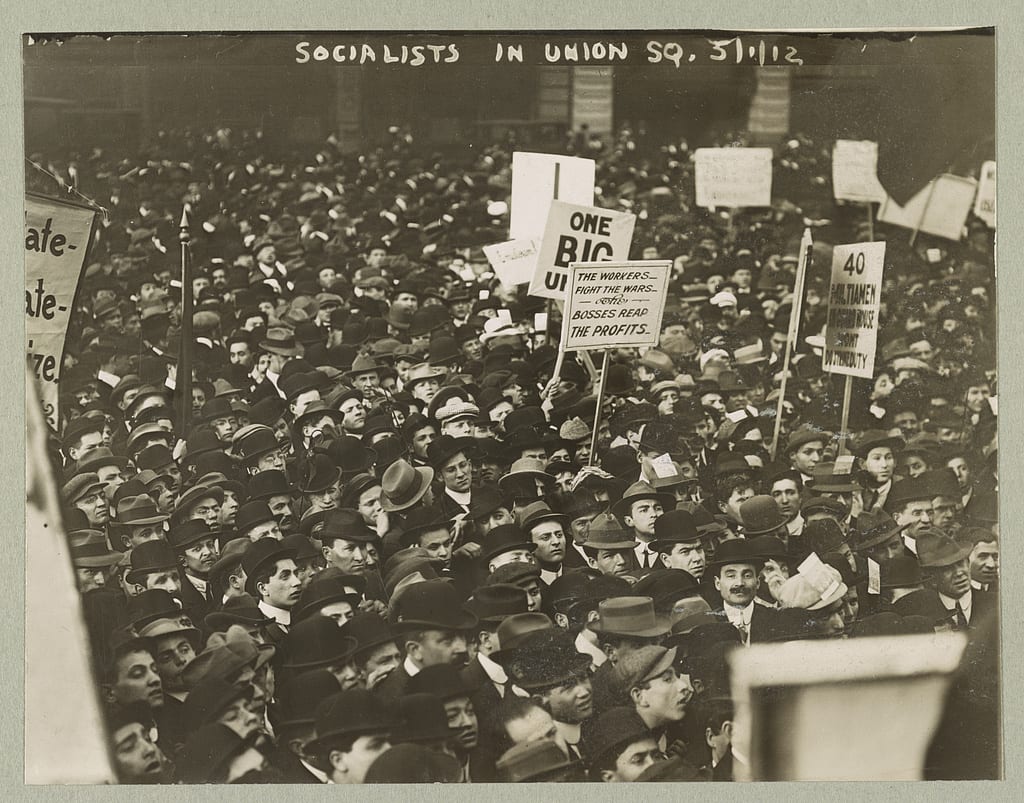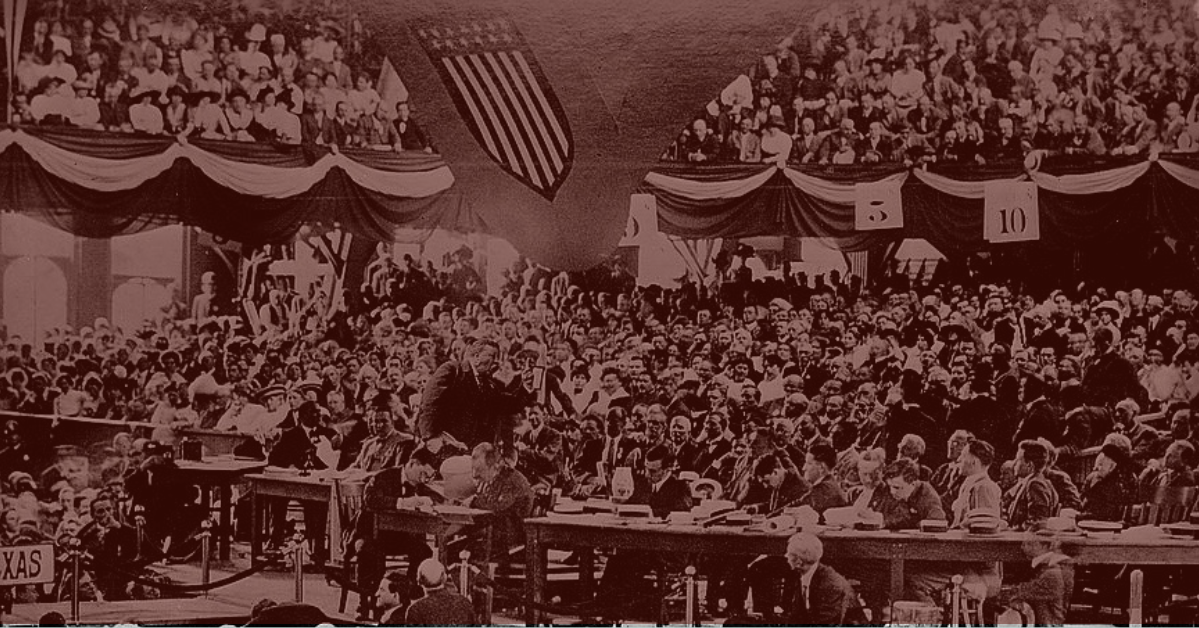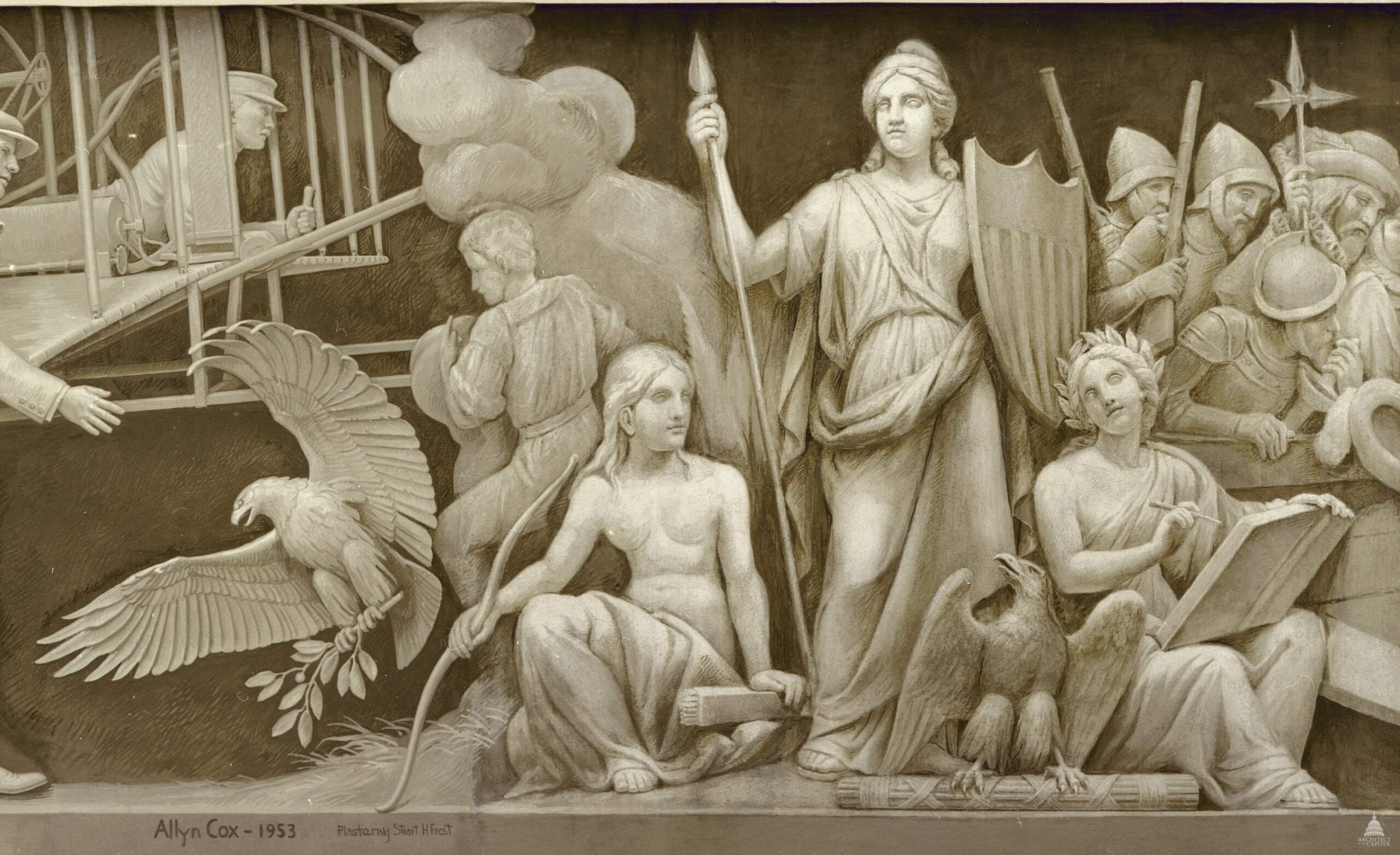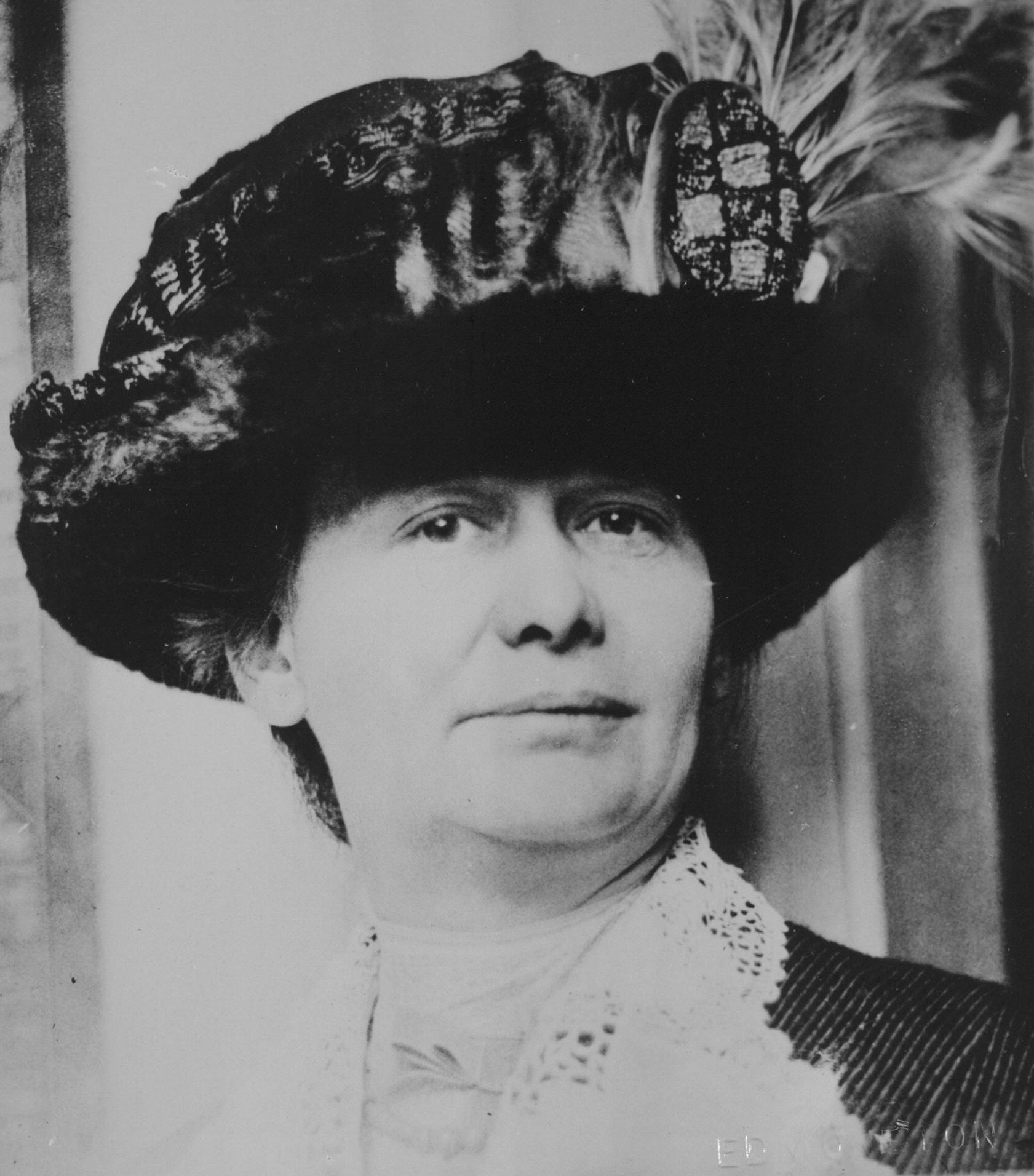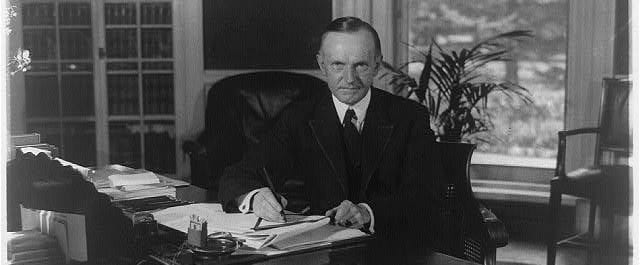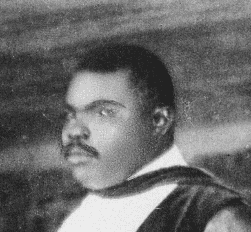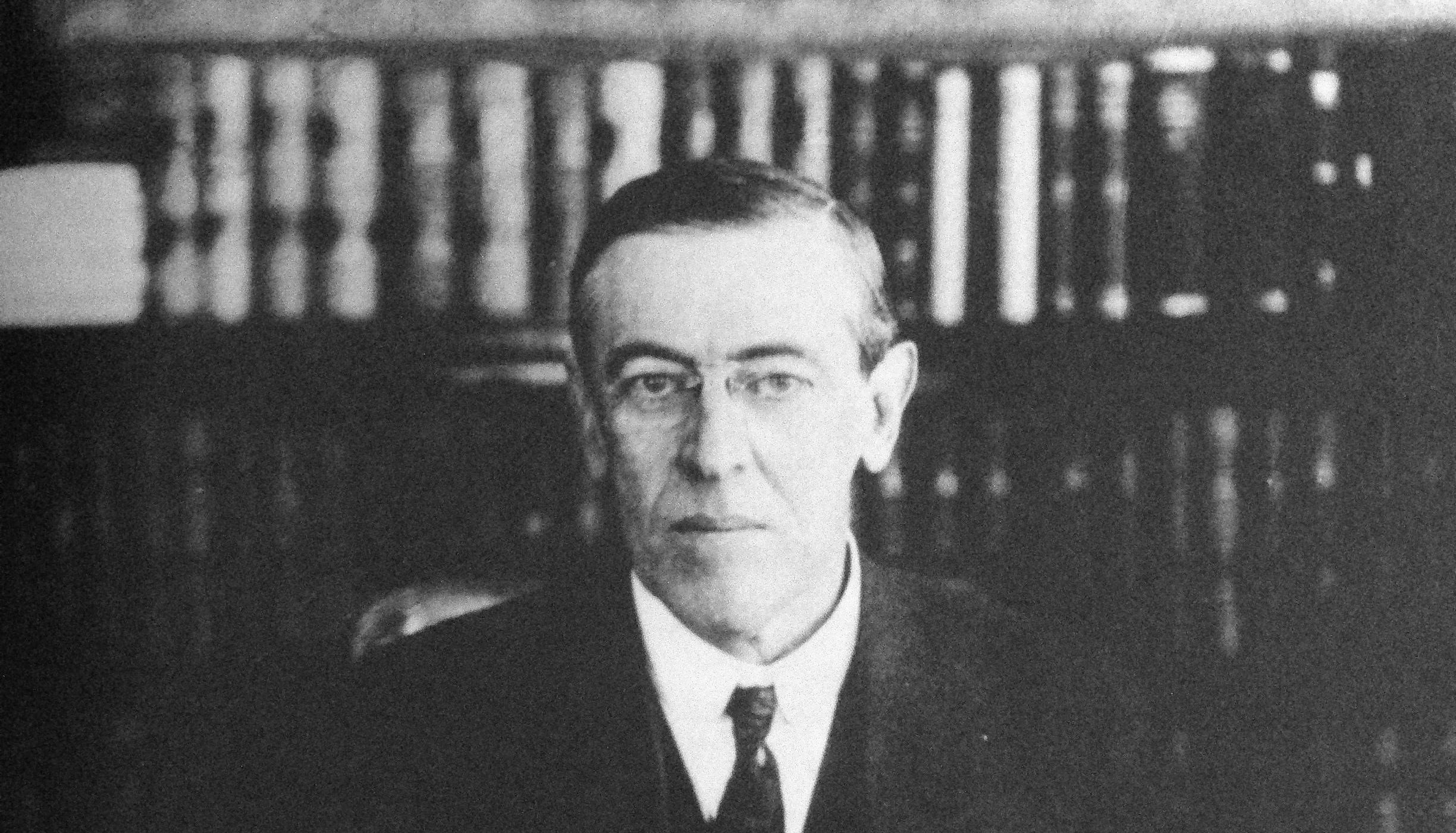
Introduction
In 1893, Frederick Jackson Turner (1861–1932) raised the question of whether and how American democracy could survive and evolve absent the dynamic effects of the western frontier. Not everyone agreed with Turner’s analysis, but for some of those who did, saving American democracy required a new frontier—pushing America’s boundaries outward and joining the Europeans in the scramble to acquire overseas territories. Rather accidentally, this possibility arose in the aftermath of the Spanish-American War of 1898. The United States declared war on Spain to stop what it regarded as a humanitarian disaster in Cuba caused by Spanish authorities’ brutal suppression of a rebellion against colonial rule. President William McKinley (1843–1901), a reluctant warrior, also feared that Spain might deal with the crisis by ceding Cuba to another European power, threatening the Monroe Doctrine. The U.S. Army was ill prepared for war, but together with local naval superiority and the support of the rebels it managed decisively to defeat the Spanish forces in Cuba. Meanwhile, in the Pacific, the U.S. Navy under Adm. George Dewey (1837–1907) destroyed the Spanish fleet in the Philippine Islands.
But having won the war, and with Spain no longer governing Cuba, Puerto Rico, and the Philippines, what should the United States do? Senator Albert Beveridge (1867–1927), running for the Senate in Indiana, was certain that the best course was to expand America to include Cuba and Puerto Rico, and most controversially, in a great leap westward, the Philippines. Most Americans had no idea where the Philippines were—including, rumor had it, President McKinley himself—but Beveridge argued that America’s divine destiny to spread civilization did not stop at the water’s edge.
Source: Albert J Beveridge, The “March of the Flag,” Beginning of Greater America [Indianapolis?] [1898], available at https://archive.org/details/marchofflagbegin00beve/page/n5/mode/2up.
Fellow citizens, it is a noble land that God has given us; a land that can feed and clothe the world; a land whose coastlines would enclose half the countries of Europe; a land set like a sentinel between the two imperial oceans of the globe, a greater England with a nobler destiny. It is a mighty people that He has planted on this soil; a people sprung from the most masterful blood of history; a people perpetually revitalized by the virile, man-producing workingfolk of all the earth; a people imperial by virtue of their power, by right of their institutions, by authority of their heaven-directed purposes—the propagandists and not the misers of liberty. It is a glorious history our God has bestowed upon His chosen people; a history whose keynote was struck by [the] Liberty Bell; a history heroic with faith in our mission and our future; a history of statesmen who flung the boundaries of the Republic out into unexplored lands and savage wildernesses; a history of soldiers who carried the flag across the blazing deserts and through the ranks of hostile mountains, even to the gates of sunset; a history of a multiplying people who overran a continent in half a century; a history of prophets who saw the consequences of evils inherited from the past and of martyrs who died to save us from them;[1] a history divinely logical, in the process of whose tremendous reasoning we find ourselves today.
Therefore, in this campaign, the question is larger than a party question. It is an American question. It is a world question. Shall the American people continue their resistless march toward the commercial supremacy of the world? Shall free institutions broaden their blessed reign as the children of liberty wax in strength, until the empire of our principles is established over the hearts of all mankind?
Have we no mission to perform, no duty to discharge to our fellow man? Has God endowed us with gifts beyond our deserts and marked us as the people of His peculiar favor, merely to rot in our own selfishness, as men and nations must, who take cowardice for their companion and self for their deity as China has, as India has, as Egypt has? Shall we be as the man who had one talent[2] and hid it, or as he who had ten talents and used them until they grew to riches?[3] And shall we reap the reward that waits on the discharge of our high duty as the sovereign power of earth; shall we occupy new markets for what our farmers raise, new markets for what our factories make, new markets for what our merchants sell—aye, and, please God, new markets for what our ships shall carry? Shall we avail ourselves of new sources of supply of what we do not raise or make, so that what are luxuries today will be necessities to-morrow? . . .
. . . For William McKinley is continuing the policy that Jefferson began, Monroe continued, Seward advanced, Grant promoted, Harrison championed, and the growth of the Republic has demanded. Hawaii is ours;[4] Puerto Rico is to be ours; at the prayer of the people Cuba will finally be ours; in the islands of the east, even to the gates of Asia, coaling stations are to be ours; at the very least the flag of a liberal government is to float over the Philippines, and it will be the stars and stripes of glory. And the burning question of this campaign is, whether the American people will accept the gifts of events; whether they will rise, as lifts their soaring destiny; whether they will proceed upon the lines of national development surveyed by the statesmen of our past; or whether, for the first time, the American people doubt their mission, question fate, prove apostate to the spirit of their race, and halt the ceaseless march of free institutions?
The opposition tells us that we ought not to govern a people without their consent.[5] I answer, the rule of liberty that all just government derives its authority from the consent of the governed, applies only to those who are capable of self-government. We govern the Indians without their consent,[6] we govern our territories without their consent, we govern our children without their consent. How do they know what our government would be without their consent? Would not the people of the Philippines prefer the just, humane, civilizing government of this Republic to the savage, bloody rule of pillage and extortion from which we have rescued them? Do not the blazing fires of joy and the ringing bells of gladness in Puerto Rico prove the welcome of our flag? And, regardless of this formula of words made only for enlightened, self-governing peoples, do we owe no duty to the world? Shall we turn these peoples back to the reeking hands from which we have taken them? Shall we abandon them to their fate with the wolves of conquest all about them? Shall we save them from those nations, to give them a self-rule of tragedy? It would be like giving a razor to a babe and telling it to shave itself. It would be like giving a typewriter to an Eskimo and telling him to publish one of the great dailies of the world.
They ask us how we will govern these new possessions. I answer: out of local conditions and the necessities of the case methods of government will grow. If England can govern foreign lands so can America. If Germany can govern foreign lands so can America. If they can supervise protectorates so can America. Why is it more difficult to administer Hawaii than New Mexico or California? Both had a savage and an alien population; both were more remote from the seat of government when they came under our dominion than Hawaii is today. Will you say by your vote that American ability to govern has decayed, that you are an infidel to American vigor and practical sense? Or that we are of the ruling race of the world; that ours is the blood of government; ours the heart of dominion; ours the brain and the genius of administration? We do but what our fathers did—but pitch the tents of liberty farther westward, farther southward—we only continue the march of the flag.
The march of the flag! In 1789 the flag of the Republic waved over 4 million souls in thirteen States, and their savage territory which stretched to the Mississippi, to Canada, to the Floridas. The timid minds of that day said that no new territory was needed, and, for the hour, they were right. But Jefferson . . . acquired the territory which swept from the Mississippi to the mountains, from Texas to the British possessions, and the march of the flag began.[7] The infidels to the gospel of liberty raved, but the flag swept on. The title to that noble land out of which Oregon, Washington, Idaho, and Montana have been carved was uncertain; Jefferson . . . obeyed the Anglo-Saxon impulse within him . . . and another empire was added to the Republic and the march of the flag went on. Those who deny the power of free institutions to expand urged every argument, and more, that we hear today, but the march of the flag went on. A screen of land from New Orleans to Florida shut us from the gulf, and over this and the Everglade Peninsula waved the saffron flag of Spain. Andrew Jackson seized both, the American people stood at his back,[8] and under Monroe the Floridas came under the dominion of the Republic, and the march of the flag went on. The Cassandras prophesied every prophecy of despair we hear today, but the march of the flag went on.[9] Then Texas responded to the bugle calls of liberty and the march of the flag went on. And at last we waged war with Mexico and the flag swept over the Southwest, over peerless California, past the Gate of Gold to Oregon on the north,[10] and from ocean to ocean its folds of glory blazed. And now, obeying the same voice that Jefferson heard and obeyed, that Jackson heard and obeyed, that Seward heard and obeyed, that Grant and Harrison heard and obeyed, William McKinley plants the flag over the islands of the sea, outposts of commerce, citadels of national security, and the march of the flag goes on. . . .
Distance and oceans are no arguments. The fact that all the territory our fathers bought and seized is contiguous is no argument. In 1819 Florida was farther from New York than Puerto Rico is from Chicago today; Texas farther from Washington in 1845 than Hawaii is from Boston in 1898; California more inaccessible in 1847 than the Philippines are now. Gibraltar is farther from London than Havana is from Washington; Melbourne is farther from Liverpool than Manila is from San Francisco. The ocean does not separate us from the lands of our duty and desire—the ocean joins us, a river never to be dredged, a canal never to be repaired. Steam joins us; electricity joins us—the very elements are in league with our destiny. Cuba not contiguous! Puerto Rico not contiguous! Hawaii and the Philippines not contiguous! Our navy will make them contiguous. Dewey and Sampson and Schley have made them contiguous and American speed, American guns, American heart and brain and nerve will keep them contiguous forever.[11]
But the opposition is right—there is a difference. We did not need the western Mississippi Valley when we acquired it, nor Florida, nor Texas, nor California, nor the royal provinces of the far Northwest. We had no emigrants to people this imperial wilderness, no money to develop it, even no highways to cover it. No trade awaited us in its savage fastnesses. Our productions were not greater than our internal trade. There was not one reason for the land lust of our statesmen from Jefferson to Grant, other than the prophet and the Saxon within them. But, today, we are raising more than we can consume. Today, we are making more than we can use. . . . Therefore, we must find new markets for our produce, new occupation for our capital, new work for our labor. And so, while we did not need the territory taken during the past century at the time it was acquired, we do need what we have taken in 1898, and we need it now. Think of the thousands of Americans who will pour into Hawaii and Puerto Rico when the Republic’s laws cover those islands with justice and safety. Think of the tens of thousands of Americans who will invade the Philippines when a liberal government, protected and controlled by this Republic, if not the government of the Republic itself, shall establish order and equity there. Think of the hundreds of thousands of Americans who will build a soap-and-water, common school civilization of energy and industry in Cuba, when a government of law replaces the double reign of anarchy and tyranny. Think of the prosperous millions that empress of islands will support when, obedient to the law of political gravitation, her people ask for the highest honor liberty can bestow—the sacred order of the stars and stripes, the citizenship of the great Republic!
What does all this mean for every one of us? It means opportunity for all the glorious young manhood of the Republic. . . . It means that the resources and the commerce of these immensely rich dominions will be increased as much as American energy is greater than Spanish sloth; for Americans, henceforth, will monopolize those resources and that commerce. In Cuba, alone, there are 15 million acres of forest unacquainted with the ax. There are exhaustless mines of iron. There are priceless deposits of manganese. . . . There are millions of acres yet unexplored. The resources of Puerto Rico have only been trifled with. The riches of the Philippines have hardly been touched by the fingertips of modern methods. And they produce what we cannot, and they consume what we produce—the very predestination of reciprocity. . . . And William McKinley intends that their trade shall be ours. . . . It means . . . an opportunity for the rich man to do something with his money, besides hoarding it or lending it. It means occupation for every workingman in the country at wages which the development of new resources, the launching of new enterprises, the monopoly of new markets always brings. Cuba is as large as Pennsylvania, and is the richest spot on all the globe. Hawaii is as large as New Jersey; Puerto Rico half as large as Hawaii; the Philippines larger than all New England, New York, New Jersey, and Delaware. All these are larger than the British Isles, larger than France, larger than Germany, larger than Japan. The trade of these islands, developed as we will develop it, . . . monopolized as we will monopolize it, will set every reaper in this Republic singing, every spindle whirling, every furnace spouting the flames of industry. . . .
. . . The commercial empire of the Republic! That is the greatest fact of the future. And that is why these islands involve considerations larger than their own commerce. The commercial supremacy of the Republic means that this nation is to be the sovereign factor in the peace of the world. For the conflicts of the future are to be conflicts of trade—struggles for markets—commercial wars for existence. And the golden rule of peace is impregnability of position and invincibility of preparation. So we see England, the greatest strategist of history, plant her flag and her cannon on Gibraltar, at Quebec, the Bermudas, Vancouver—everywhere—until from every point of vantage her royal banner flashes in the sun. So Hawaii furnishes us a naval base in the heart of the Pacific; the Ladrones another,[12] a voyage further into the region of sunset and commerce; Manila, another, at the gates of Asia—Asia, to the trade of whose hundreds of millions American merchants, American manufacturers, American farmers have as good a right as those of Germany, or France, or Russia, or England; Asia, whose commerce with England alone amounts to billions of dollars every year; Asia, to whom Germany looks to take the surplus of her factories, and foundries, and mills; Asia, whose doors shall not be shut against American trade!
Within two decades the bulk of Oriental commerce will be ours—the richest commerce in the world. In the light of that golden future our chain of new-won stations rise like ocean sentinels from the night of waters—Puerto Rico, a nobler Gibraltar; the Isthmian canal, a greater Suez; Hawaii, the Ladrones, the Philippines, commanding the Pacific! Ah! as our commerce spreads, the flag of liberty will circle the globe and the highways of the ocean-carrying trade of all mankind be guarded by the guns of the Republic. And, as their thunders salute the flag, benighted peoples will know that the voice of Liberty is speaking, at last, for them; that civilization is dawning, at last for them—Liberty and Civilization, those children of Christ’s gospel, who follow and never precede the preparing march of commerce! It is the tide of God’s great purposes made manifest in the instincts of our race, whose present phase is our personal profit, but whose far-off end is the redemption of the world and the Christianization of mankind.
. . . Shall this future of the race be left with those who, under God, began this career of sacred duty and immortal glory; or, shall we risk it to those who would build a dam in the current of destiny’s large designs. . . .
Fellow Americans, we are God’s chosen people. Yonder at Bunker Hill and Yorktown His providence was above us. At New Orleans and on ensanguined seas His hand sustained us.[13] Abraham Lincoln was His minister; and His was the altar of freedom, the boys in blue set on a hundred smoking battlefields. His power directed Dewey in the East, and He delivered the Spanish fleet into our hands on the eve of Liberty’s natal day as He delivered the elder Armada into the hands of our English sires two centuries ago.[14] His great purposes are revealed in the progress of the flag, which surpasses the intentions of Congresses and cabinets, and leads us, like a holier pillar of cloud by day and pillar of fire by night, into situations unforeseen by finite wisdom and duties unexpected by the unprophetic heart of selfishness. The American people cannot use a dishonest medium of exchange; it is ours to set the world its example of right and honor. We cannot fly from our world duties; it is ours to execute the purpose of a fate that has driven us to be greater than our small intentions. We cannot retreat from any soil where Providence has unfurled our banner; it is ours to save that soil for liberty and civilization. For liberty and civilization and God’s promises fulfilled, the flag must henceforth be the symbol and the sign to all mankind. . . .
- 1. The victory of the Union and the emancipation of slaves during the Civil War.
- 2. A reference to Matthew 25:14–30. A talent was a unit of measure, or in the New Testament a unit of money.
- 3. The Parable of the Talents, Matthew 25:14–30.
- 4. President McKinley signed the Newlands Resolution, which provided for the annexation of Hawaii, on July 7, 1898. See The Annexation of Hawaii.
- 5. The Democratic Party. Some Republicans also opposed acquiring the Philippines (Address Accepting Democratic Presidential Nomination). Consent of the governed refers to the principles of the Declaration of Independence
- 6. See First Annual Message to Congress and Americanizing the Indian.
- 7. The Louisiana Purchase
- 8. In 1817, then-Gen. Andrew Jackson (1767–1845) invaded and occupied Spanish-held Florida, ostensibly to punish renegade Indians.
- 9. A Cassandra is someone who warns of impending disaster or predicts doom, and is usually unheeded.
- 10. The Golden Gate is the strait connecting the Pacific Ocean to San Francisco Bay.
- 11. Adm. George Dewey (1837–1917), Adm. William Sampson (1840–1902), and Adm. Winfield Scott Schley (1849–1911) won naval victories during the Spanish-American War.
- 12. Islas de los Ladrones, the old name for a series of islands under U.S. jurisdiction in the Pacific Ocean, now known as the Mariana Islands.
- 13. American forces led by Jackson defeated the British during the Battle of New Orleans in January 1815. Ensanguined: stained or covered with blood.
- 14. Admiral Dewey defeated a Spanish fleet in the Battle of Manila, May 1, 1898. On July 3, 1898, Admiral Schley defeated a Spanish fleet near Santiago Bay Cuba. The Royal Navy defeated a Spanish fleet that was carrying troops for the invasion of England in 1588, not 1688.

Conversation-based seminars for collegial PD, one-day and multi-day seminars, graduate credit seminars (MA degree), online and in-person.



